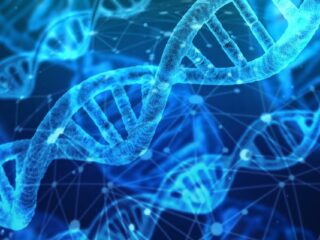Debets wants to build on a finding made at the Erasmus MC, which shows that in an aggressive form of breast cancer, many macrophages (a subset of another type of immune cell) occur that inhibit the long-term effect of ACT. Debets: ‘We are building on the existing and successful collaboration between Erasmus MC and Pan Cancer T bv which has resulted in the identification of a so-called T-cell receptor (TCR) targeting a new tumor structure that is specifically present in aggressive breast cancer. This TCR has successfully passed all laboratory tests for obtaining the label ‘effective and safe’. In the current project, we want to create a new generation of T-cell products that, in addition to this TCR (and thus specifically recognize tumor cells), also have resilience against macrophage inhibition. If successful, we aim to prove the clinical applicability of such ‘double-acting’ T cells for the treatment of aggressive breast cancer.’ It is expected that this new generation of immune cells will enhance the long-term effects of ACT targeted against breast cancer and possibly other types of cancers. Debets is looking forward to demonstrating this together with his team and partners.
KWF grants subsidy of 0.9 million euros
New generation of immune cells against breast cancer
Prof. Dr. Reno Debets, researcher within the Internal Oncology department of the Erasmus MC Cancer Institute, has received a subsidy of over 900,000 euros from KWF for his research on new immune cells for the treatment of breast cancer. The aim of the research is to create, through a public-private partnership, a new generation of T-cell products for a long-term treatment effect of aggressive breast cancer.



